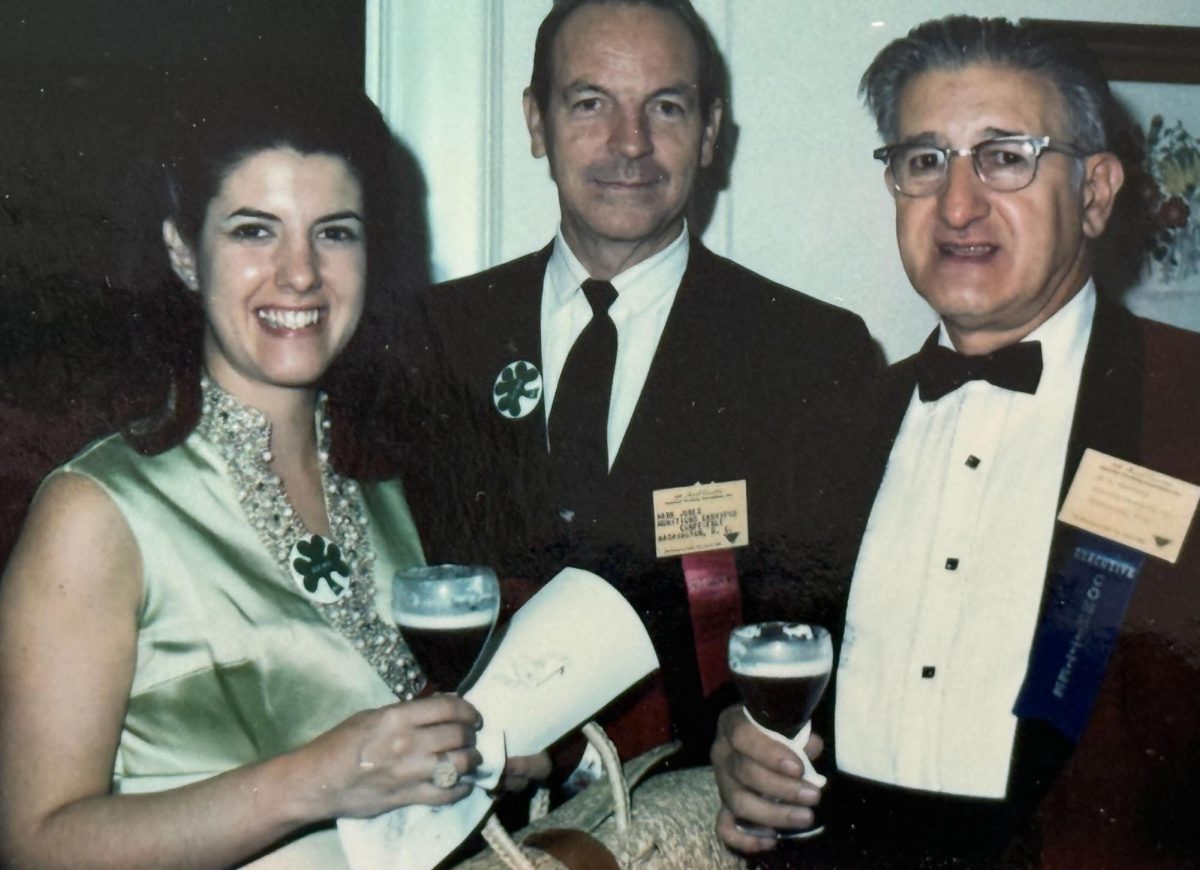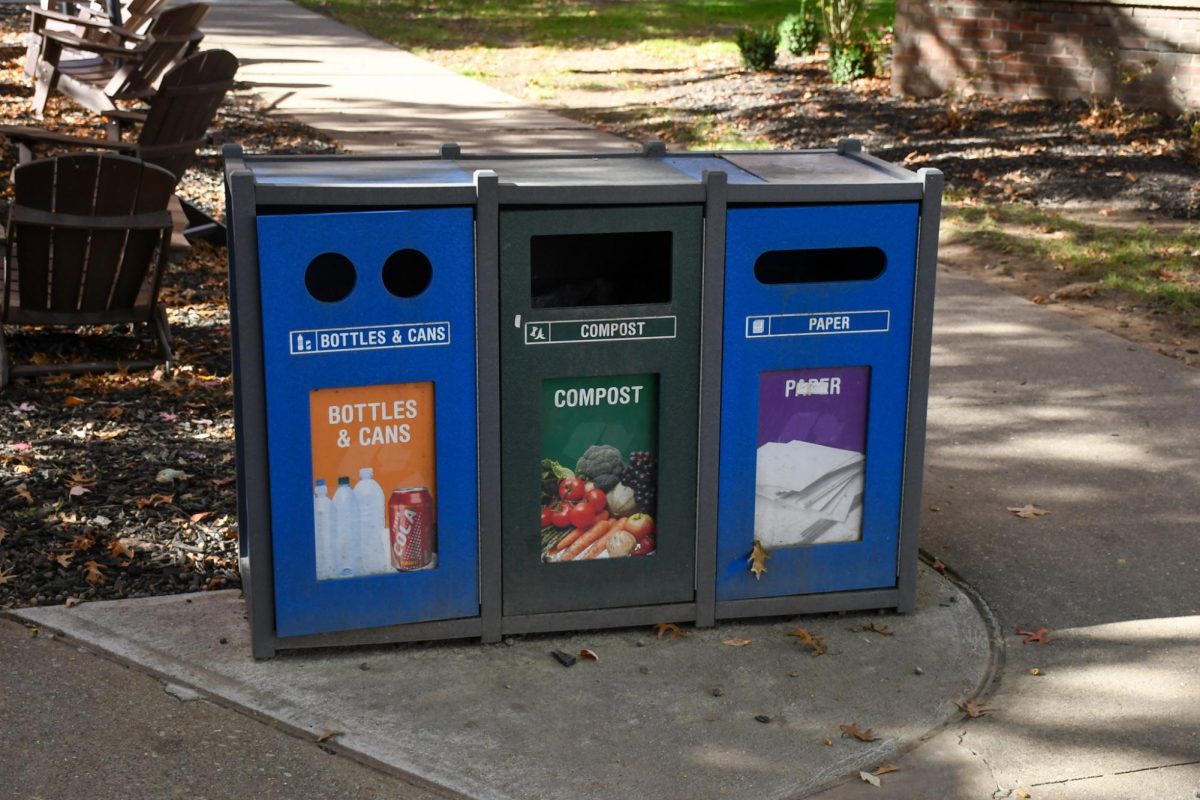On Jan. 25, 2024, convicted murderer Kenneth Smith was executed by nitrogen gas at the William C. Holman Correctional Facility in Atmore, Alabama.
Smith, who was incarcerated for the murder of Alabama woman Elizabeth Sennett, was set to be executed by lethal injection in November 2022, but the attempt was unsuccessful.
Consequently, Smith was given nitrogen gas on his last day of life, making him the first inmate in United States history to die by nitrogen gas execution.
Execution by nitrogen gas became legal in Alabama in 2018. Currently, Alabama, Mississippi and Oklahoma are the only states that have approved the method.
The execution method had never been tested before, making Smith patient zero. The gas is administered through a mask to the inmate, essentially suffocating them. It was described by Alabama lawyers to be fast and painless.
In an opinion column on STAT, professor and clinician Joel Zivot said that execution by nitrogen gas is not as pain-free as one may think.
“The state claimed nitrogen gas would be quick and painless,” Zivot said. “Perhaps he believed them. But that was a lie.”
Witnesses of the execution say that Smith shook violently for a few minutes before dying. John Hamm, the Alabama Department of Corrections commissioner, reported that the gas flowed to Smith via a mask for approximately 15 minutes.
Smith reportedly made the gurney he was strapped to shake during the execution. Hamm said the execution went as they had planned, despite the obvious distress Smith was in.
Zivot says that the state of Alabama intended to torture Smith in his final moments.
“Perhaps some will think that’s fair because Smith was convicted of a crime,” he said. “But Kenneth Smith’s goodness or badness does not matter. He was convicted of a crime, and a punishment was set. That punishment was death, not death by torture.”
The recent execution of Smith, however, begs a greater question than the humanity of nitrogen gas executions; it challenges the foundation of capital punishment entirely.
If the United States is truly focused on the rights to life, liberty and the pursuit of happiness, why are we killing– even torturing– our own people? At what point does capital punishment match the definition of “cruel and unusual punishment” in the 8th Amendment?
There’s no doubt that Smith was a murderer. After being convicted in 1996, he spent his days behind bars, awaiting execution. He, rightfully, was incarcerated for life.
In his trial, the jury that heard Smith’s case voted 11-to-1 in favor of a life sentence, but Judge Pride Tompkins overruled them, sentencing Smith to death.
In 2017, Alabama abolished this policy, meaning that Smith would not have been sent to death row if his case was heard in the past seven years.
So, why do his mistakes constitute the state of Alabama’s ability to murder him?
According to the Death Penalty Information Center, capital punishment is legalized in over half of the United States. Of the 27 states, six of them are currently in an “execution hold.” These states include California (2019), Pennsylvania (2015), Oregon (2011), Arizona (2023), Ohio (2020) and Tennessee (2022).
West Virginia abolished the death penalty in 1965. The last execution to take place in the mountain state was of Elmer Brunner in 1959, who was electrocuted.
As for Alabama, the use of capital punishment is alive and well. After being re-implemented in 1976, the state has killed 73 people.
The United States has killed 1,583 inmates since 1976. Texas leads the country with 586 executions since 1976, approximately 37% of all executions. Alabama claims about 4.6%.
There are currently 166 inmates awaiting execution in the Alabama Department of Corrections, giving them the ranking of 7th on the murder board.
In addition to the simple inhumanity of the practice, capital punishment often victimizes the innocent.
There have been a total of 196 exonerations since 1973 after evidence proved the innocence of the death row inmates.
Without that evidence, the United States would have killed 196 innocent people. We, as citizens, cannot help but think about how many more were wrongfully executed.
The United States justice system is not stable enough to uphold such permanent punishments for incarcerated people.
How can we, as Americans, feel pride for ourselves when we can’t say for sure if the person we are killing is actually guilty? The short answer is we can’t.
Dealing with the nation’s inmates should not include executions of any kind, and introducing new, untested methods on them is inhumane.
Life behind bars is enough.




















